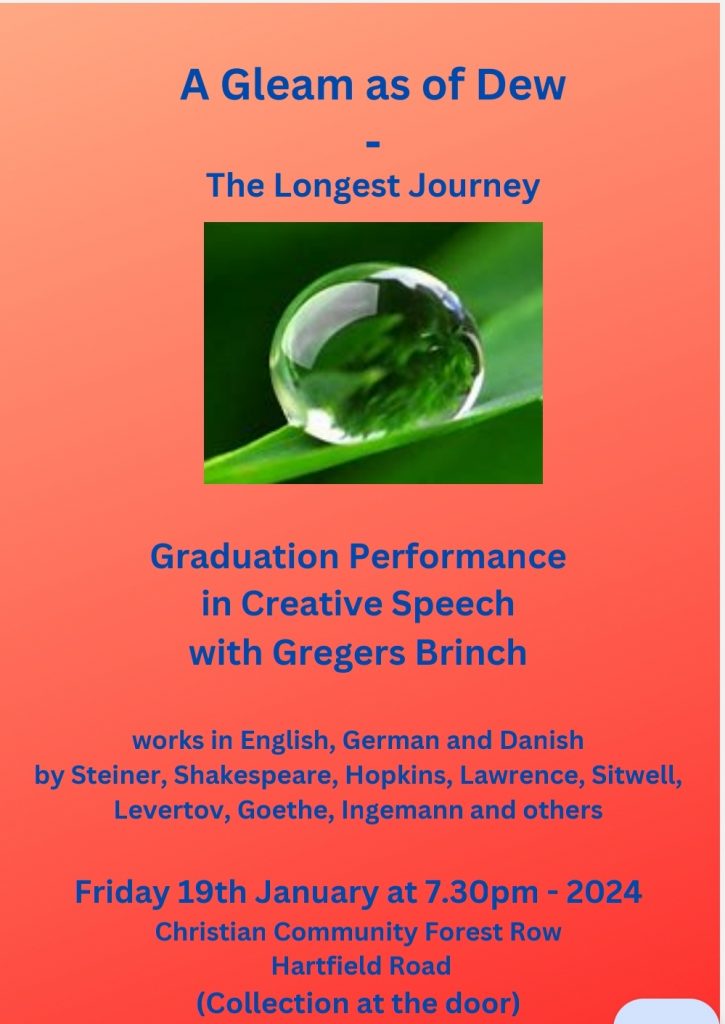What makes a miracle happen? For the magical thinking of ancient times, there was nothing so shocking about the idea that the laws of nature could be overturned. Nowadays, we probably feel quite relieved that the law of gravity is consistent enough that we don’t need to pray that our house doesn’t float away in the night, and that time flows consistently, making our world a predictable place.
But where is the space for a miracle in a regulated, predictable world?
When does the water turn into wine at the wedding feast at Cana?
Reading the story quickly, we might imagine that the water contained in the jars was transformed into wine, so that what the servants took to the master of the feast was wine-coloured, and what was left over in the jars at the end of the feast as wine-coloured. Is this the miracle? The crucial sentence is this one:
The master of the banquet tasted the water that had been turned into wine. He did not realize where it had come from, though the servants who had drawn the water knew.
John 2:9
Reading this closely, we have to change our ideas. The servants drew water, and what they brought to the master was – water. But he tasted wine. So the miracle happened in the tasting, in the experiencing. And here we are given a pointer to where miracles can be at work, one which chimes with our experience without overturning the laws of physics. On a banal level, we know that our mood will change our experience of our day, and that this in turn will change how others experience us. This realisation that we are the co-creators of our experience of reality is the key to freedom, because there is always something that lies in our power to change. And this brings with it the possibility of the miraculous: what seems to all outer appearance to be mere water may turn out to be the food of the ‘I’, a wine that does not intoxicate. And – in the setting of the service – what could seem outwardly to be a tiny token of bread and wine can be for us body and blood.
I am attaching the letter about the change to the Offering once again, in case anyone missed it.
Thank you to those who have responded to my request last week. I am still gathering responses for the following ideas:
- A retreat in Milan, with daily visits to Leonardo’s Last Supper.
I would be able to design the retreat days, but I would not be able to organise the logistics. - A block of study-sessions on the Prologue to the Gospel of St John.
- A retreat weekend in Forest Row on the Spiritual Hierarchies.
If any of these could be of interest to you, please let me know.
Tom Ravetz
Information
Selina is on leave until 22nd January.
Tom is on leave until 20th January.
Nataliia will be in Canterbury 19th-21st January.
Diary
We would like to draw particular attention to Gregers’ performance on Friday, 19th and Deborah’s exhibition opening and lecture performance on Sunday, 21st


Donate
For a one off donation or to set up a monthly standing order, please use the account details below
Account Name: The Christian Community in Forest Row
Sort Code 30-92-92
Account Number: 00012363
Lloyds TSB, 1/3 London Road, East Grinstead
West Sussex RH19 1AH
If you are a UK Taxpayer, we can claim tax back on your donation if you fill in a gift aid form. You will find one here, which you can download and return to us (signed and scanned is fine)
You can also donate using PayPal, using a credit or debit card.
